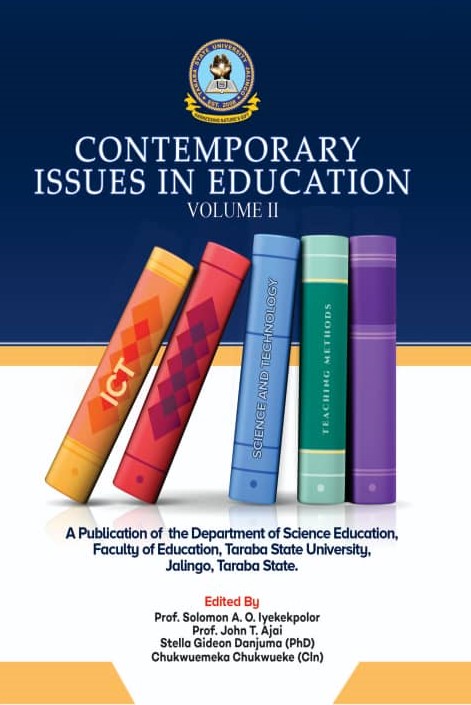Exploring the Building Blocks of Life
Abstract
Chemistry is involved in everything we do; from growing and cooking of food to cleaning our homes and launching of rocket into space. According to the American Chemical Society (ACS), Chemistry is the study of matter (matter, in turn, is anything that has mass and takes up space) and the changes that matter can undergo when it is subjected to different environments and conditions (as cited in Lims & Biggs, 2021). Every material in existence is made up of matter‒ even our own bodies.
Chemistry can be classified into different branches; physical chemistry, environmental chemistry, inorganic chemistry, and organic chemistry are some of the branches of chemistry. Harvey (2023) posited that inorganic chemistry is interested in compounds not containing carbon, though there are some instances of overlap between the two fields (i.e. inorganic and organic chemistry). Finished products made from inorganic compounds and processes which we use in everyday life include jewellery made from diamond, gold, silver, batteries made from electrochemical processes and redox reactions, table salt, potassium used for cooking etc. Inorganic processes that occur around us include purification of water, evaporation of seawater to obtain salt, rusting and corrosion of metals etc. These processes take place without requiring organic reactants neither do they give rise to organic products.
Organic chemistry, on the other hand, specifically studies compounds that contain the element carbon. In chemistry, the word organic refers to carbon‒containing compounds; therefore, organic chemistry is the branch of science that studies compounds that contain carbon (Emerson & Foist 2023). Carbon is undeniably the central element in organic chemistry. However, it is important to understand that not all carbon‒containing compounds are organic compounds‒there is an exception. Organic chemistry is the study of compounds of carbon occurring naturally‒ excluding the oxides of carbon and trioxocarbonate (IV) compounds, which are classified as
inorganic compounds (Ojokuku, 2012). We can now see that compound such as carbon IV oxide (CO2), Carbon (II) oxide (CO), sodium trioxocarbonate IV (Na2CO3) among others are not organic compounds even though they are carbon containing. According to Helminstine (2019), organic chemistry plays a part in the development of common household chemicals, foods, plastics, drugs, and fuels most of the chemicals are part of daily life hence; organic chemistry is defined as the study of carbon and the study of the chemistry of life.

